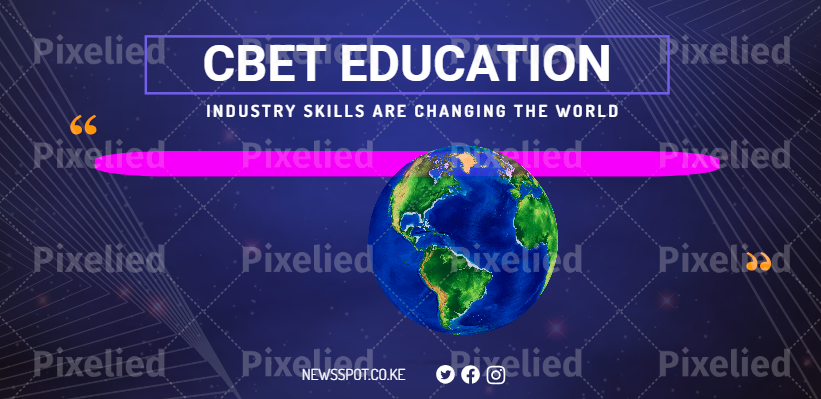Medical engineering is one of the marketable course in Kenya which can offer further education and employment opportunities not only in Kenya but abroad, With opportunities in countries like Australia, Canada and UK. Medical engineers are regularly employed by hospitals and clinics, making sure medical equipment is running properly.
Medical engineering course requirements
Medical engineering course is offered by Medical training institutions like KMTC, TVETS and universities
| Academic Program | Course Duration | KMTC Campus where course is offered | Minimum Entry Requirements |
|---|---|---|---|
| Certificate in Medical Engineering Technology | 2 years | Nairobi, Eldoret, Meru, Kilifi, Loitokitok, Kisii, Bomet, Makindu, Lake Victoria and Kisumu | C- In English or Kiswahili, D in Mathematics and D in Physics/Physical Sciences. or Chemistry D in any one of the following: – Chemistry, Biology, Biological Science, Electricity, Metal Work, Technical Drawing. |
| Diploma in Medical Engineering Technology | 3 years | Nairobi and Eldoret | C in English or Kiswahili and Mathematics and Physics/Physical Sciences C- in any one of the following: – Biology/Biological Sciences, Chemistry, Electricity, Metal Work, Technical Drawing |
| Diploma in Medical Engineering Technology (Upgrading) | 2 years | Nairobi, Eldoret, Loitokitok and Kilifi | Certificate in Medical Engineering Technology OR an equivalent from a recognized institution |
| Higher Diploma in Medical Engineering | 1 year | Nairobi | Diploma in Medical Engineering Technology, OR an equivalent from a recognized institution |
| bachelor of technology in medical engineering | 4yrs | Universities | English/Kiswahili – C+ (plus) Biology/Biological Sciences – C+ (plus) Mathematics – C+ (plus) Physics/Chemistry – C+ (plus) |
bachelor of technology in medical engineering
In this four year, interdisciplinary Bachelor of Technology programme, students will learn the diverse fundamentals of medical engineering and how to apply these principles to find innovative solutions to Kenya’s healthcare problems. this course will encourage students to use their creativity, critical thinking, and complex problem solving skills to develop and improve technology and human systems in hospital settings.
Requirements include;
- English/Kiswahili – C+ (plus)
- Biology/Biological Sciences – C+ (plus)
- Mathematics – C+ (plus)
- Physics/Chemistry – C+ (plus)
qualifications for diploma in medical engineering
C in English or Kiswahili and Mathematics and Physics/Physical Sciences
Diploma in Medical engineering course subjects/units
Module 1
- SOCIIAL STUDIES 2
- social studies
- SOCIAL STUDIES
- COMMUNICATION SKILLS 1
- COMMUNICATION SKILLS
- ANATOMY_021S
- SOCIAL STUDIES 21 SEPT
- Medical Electronics
- Human Anatomy and Physiology
- ELECTRICAL ENGINEERING SCIENCE
- Social Studies
- Engineering Drawing
- Entrepreneurship Education
- Hospital Engineering 1
Module 2
- TRADE PROJECT
- ANATOMY_020S
- Trade Project
- HOSPITAL ENGINEERING 1
- Mathematics
- Clinical Engineering II
- Hospital engineering II
- Industrial Organization and Management
- MEDICAL ELETRONICS
- Computer Application
- Clinical Engineering I
Module 3
- Mathematics
Institutions offering Medical engineering course
- Mount Kenya University
- Technical University of Mombasa
- Kenya Medical Technical College (Kilifi, Loitoktok, Kisumu, Nakuru, Nairobi, Thika, Eldoret, and Nyeri campuses)
- Thika School of Health Sciences
- Rift Valley Institute of Science and Technology
- Kenya Institute of Applied Sciences
- Gusii Institute of Technology
- Rift Valley Technical Training Institute
Qualifications for electrical engineering in Kenya
Types of electrical licenses in Kenya
Electrical engineering business plan

